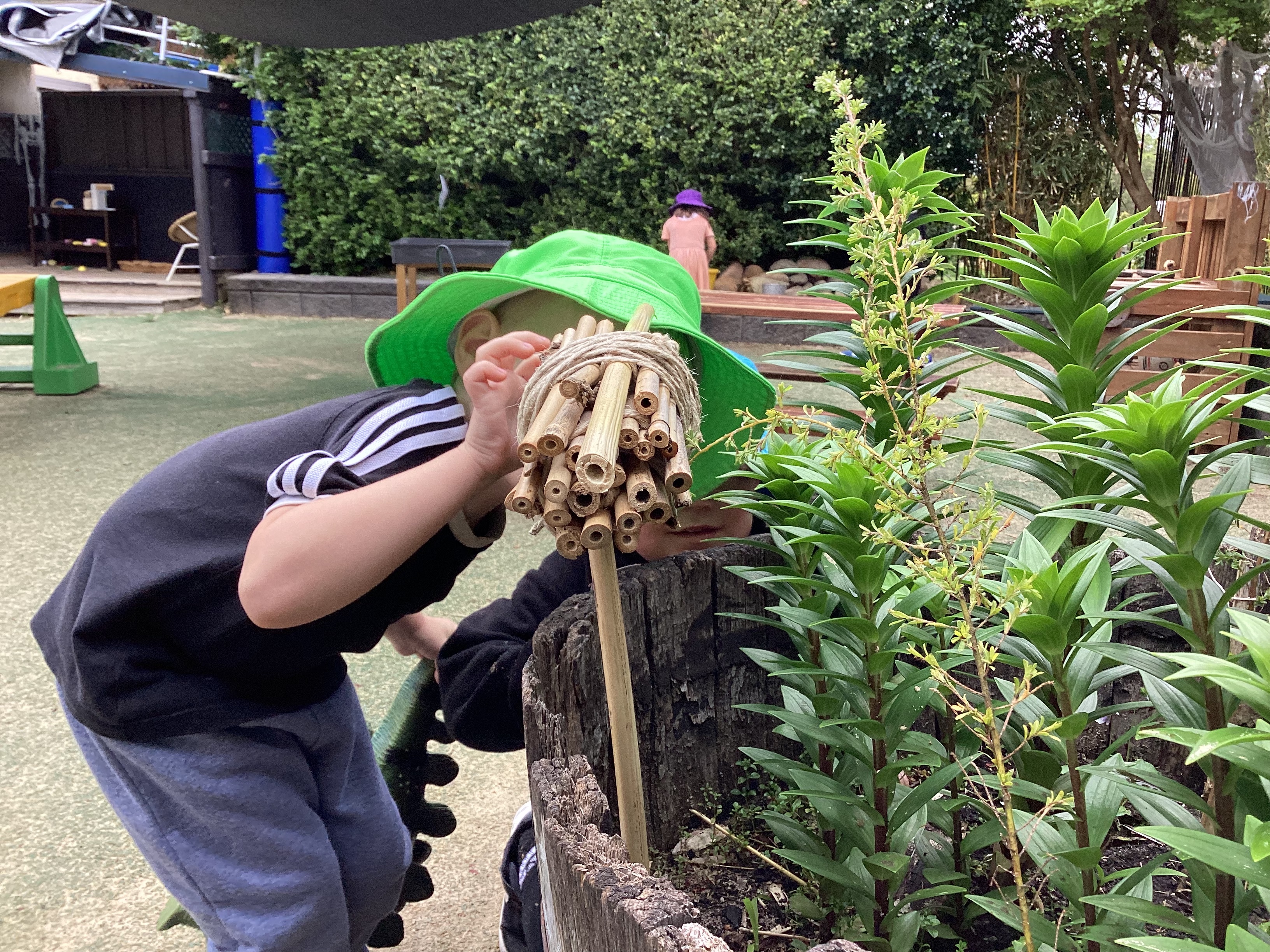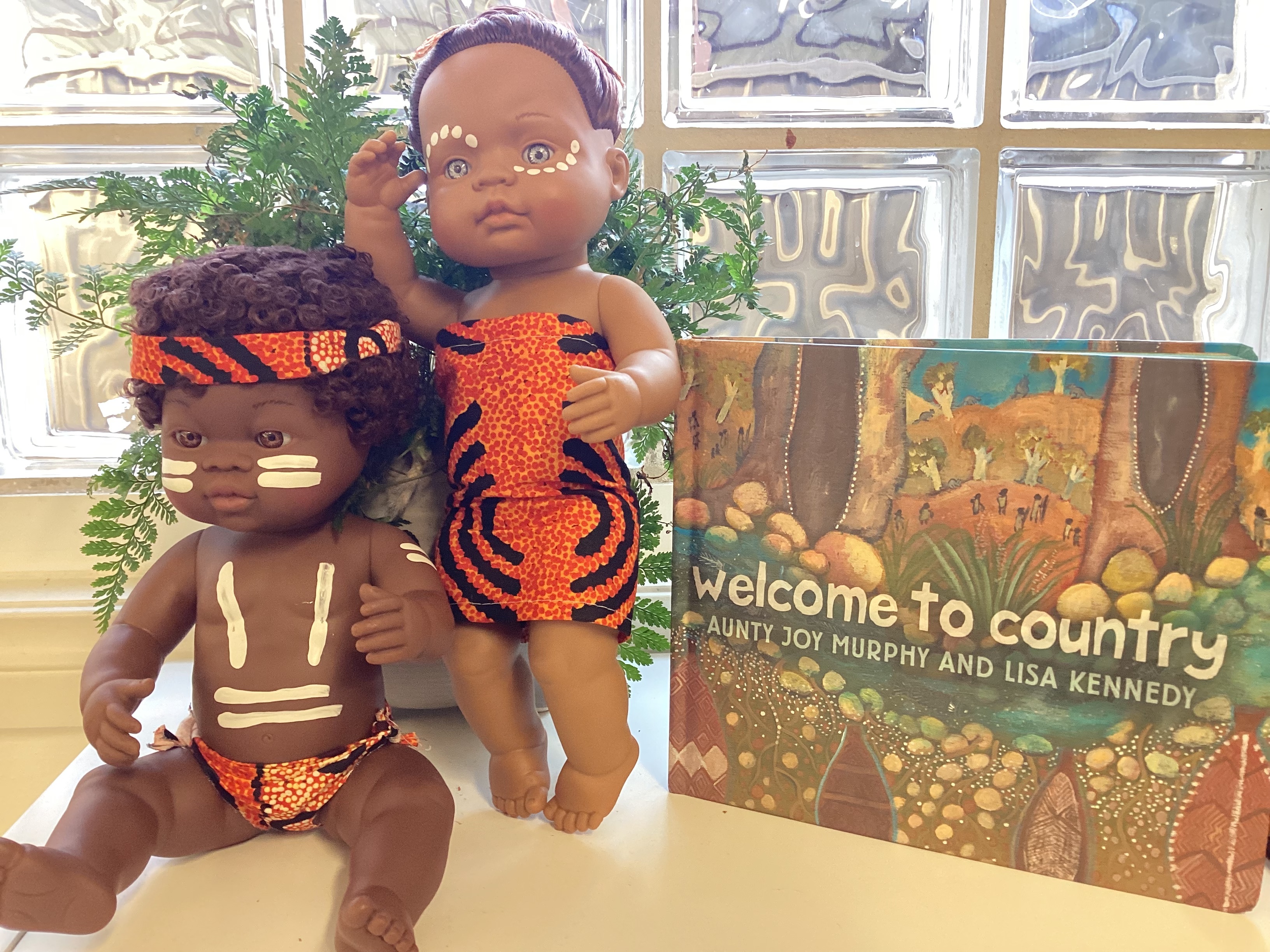Waves Early Learning Programs
At Waves, we believe that a meaningful, integrated, emergent curriculum based on the Early Years Learning Framework (EYLF) is the most beneficial for children's learning across all developmental areas. A curriculum in which children are active participants and collaborators enables for their participation to be more personal and meaningful.
We think that children are unique individuals who mature at their own pace; thus, by providing them with interesting, meaningful, and realistic opportunities, they will explore, create, discover, and imagine. Our programmes reflect both planned and unplanned experiences, follow children's interests, and are meant to assist their development across all areas.
Through the EYLF, educators will utilise intentional teaching, which is deliberate, purposeful, and reflective. Our educators recognise that learning happens in social environments and that interactions and dialogues are crucial for learning. They actively support children's learning by providing meaningful and challenging experiences and relationships that cultivate high-level cognitive abilities. In a continuing cycle of observation, planning, action, documentation, assessment, and reflection, the educator plays a crucial role as a co-learner, facilitator, and observer.
School Readiness Program
At Waves early learning, we have a comprehensive grasp of the social, emotional, and intellectual abilities necessary for a child's seamless transition to primary school. Throughout our children's formative years, we strive to balance these vital skills in order to foster a love of learning. Our Waves programmes have been designed to find a balance between what children need now and the skills they will need to make a smooth transition into primary school. In their daily curriculum, children are provided with a variety of experiences that facilitate a healthy transition to school. Our educators give parents written information regarding their children's readiness for school, including a Transition to School report that is forwarded to the school of your choice.
School Readiness Program outcomes:
- Developing sound social skills: Encouraging adult/child interactions that enable co-constructing ideas and foster early relationships.
- Group involvement: Learning to work with and alongside others.
- Problem-solving: Identifying problems and finding out answers and methods to fix them and employing high-order thinking skills.
- Language: Communicating with peers and educators, posing and answering questions, and following instructions.
- Early literacy skills: Developing phonological awareness, notions of print, learning to write and draw to communicate ideas.
- Early numeracy skills: The development of number sense, identification of numerals, counting, sorting, and pattern recognition.
- Reading: Enjoy reading with classmates and educators, recalling events, and understanding essential concepts.
- Developing self-help skills: Assuming greater responsibility for one's own possessions, bodily needs, and risk management.
Commitment to our environment
Waves Early Learning has a  strong commitment to environmental education and sustainability. Education for sustainability aims to nurture a sense of responsibility, respect, empowerment, active participation, enquiry, and social transformation in order to foster positive change. Not only for the present but also for future generations.Within our curriculum, education for sustainability focuses on our shared Aboriginal history of land connections and reconciliation; biodiversity, gardens and animals; environmental health; growing our own food, responsible use of water, and energy, waste minimisation, fair trade, and the sharing of resources.
strong commitment to environmental education and sustainability. Education for sustainability aims to nurture a sense of responsibility, respect, empowerment, active participation, enquiry, and social transformation in order to foster positive change. Not only for the present but also for future generations.Within our curriculum, education for sustainability focuses on our shared Aboriginal history of land connections and reconciliation; biodiversity, gardens and animals; environmental health; growing our own food, responsible use of water, and energy, waste minimisation, fair trade, and the sharing of resources.
Early childhood is the optimal period to involve children in education for sustainability and instil in them lifelong habits that encourage mutual respect and the preservation of our planet. Every day, the children at Waves engage in environmentally responsible actions. Education about sustainability has strengthened our bonds with children, families, and the community.
Reconciliation Action Plan
Our Vision
Our goal for reconciliation is to create a socially just and equitable Australia free of racism. As an early learning centre, Waves understand that racism can have a negative influence on children's social and emotional well-being as well as cognitive development. We also recognise that combating racism necessitates a concerted and systematic effort to ensure that children, their families, and communities accept cultural diversity and respect for our First Nations peoples. Waves' ability to influence and educate current and future generations of Australians about Aboriginal and Torres Strait Islander peoples, cultures, and histories propels our ambition now and in the future.
Waves Early Learning is dedicated to forming partnerships based on trust, respect, and acknowledgement of Aboriginal and Torres Strait Islander peoples' rights. We respect and value the cultural insights gained via strong links between Waves Early Learning and the children, families, and communities with whom we collaborate. We continue to build and improve high-quality, culturally safe early learning experiences for all children on the basis of equity, integrity, and respect. Waves acknowledge and respect Aboriginal and Torres Strait Islander peoples as Australia's First Peoples and the Traditional Custodians of the land on which our early childhood services are provided.

Waves educators, children, and families will engage in reconciliation on a personal and professional level, creating settings that support Aboriginal and Torres Strait Islander social justice, equality, and equity. We are setting the groundwork for future generations to cherish and recognise Aboriginal and Torres Strait Islander cultures and history as an important component of our common identity through this vision.






